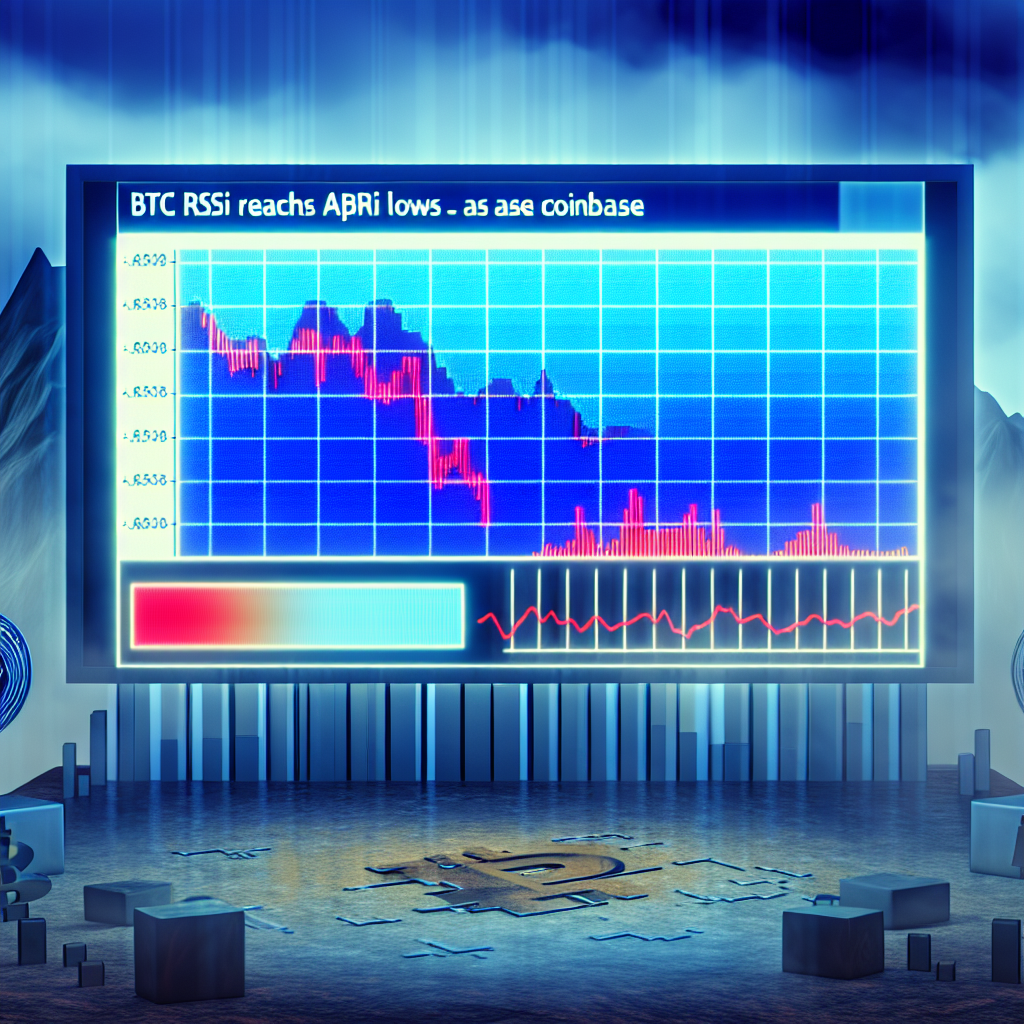Key takeaways:
The Bitcoin Coinbase Premium turned negative as BTC price fell below $104,000.
Bitcoin’s RSI reached its lowest level since April, suggesting a potential bottom.
The 200-day EMA support remains critical as BTC faces short-term capitulation risks.
Bitcoin (BTC) continued its downward trend on Friday, dropping to $103,500 and signaling a significant change in onchain market sentiment. The Bitcoin Coinbase Premium Index, which measures the price difference between BTC on Coinbase and other exchanges, registered its first negative shift on the hourly chart in weeks.
Earlier this week, BTC tried to establish support around $110,000, backed by steady spot demand from US investors. The Coinbase premium even peaked at 0.18, marking its highest level since March 2024.
However, after the price couldn’t maintain above $110,000 on Thursday, that transient confidence diminished. While the hourly premium has dipped into negative territory, the daily reading remains slightly positive, indicating that long-term US buying support still exists but is currently under pressure.
Compounding the bearish sentiment, Bitcoin’s taker sell volume surged past $4 billion, indicating a wave of market sell orders. This occurred alongside BTC’s rejection near the short-term holder (STH) realized price at $112,370, which now serves as a resistance level.
Historically, this level represented the average cost basis for recent buyers, suggesting that consistent rejection below it could lead to accelerated short-term capitulation toward $100,000.
Related: Bitcoin holds $105K as US bank stocks recover, Trump truce lifts sentiment
Bitcoin mirrors its March–April bottom structure
BTC’s current price behavior closely mirrors the March–April bottom range, where sharp intra-day wicks eliminated liquidity built over 30 days before a gradual recovery began. This pattern indicates that BTC could revisit the $100,000 range without necessarily breaking the overarching bullish trend, unless it decisively falls beneath that level.
The relative strength index (RSI) also fell to its lowest value, matching April’s low of 34, after which BTC began to recover in the charts.
A crucial technical indicator to monitor is the 200-day exponential moving average (EMA), which BTC has maintained for nearly six months. In the previous cycle, it upheld this trend from October 2024 to March 2024 before briefly losing it during consolidation. This time, the trendline has been intact from April to October 2025, with the possibility of a breach in the coming days.
If BTC continues to follow its historical pattern, the market may enter a consolidation phase that could last several weeks. During Q1, the recovery phase extended roughly 45–55 days, culminating in a true bottom by late April. Following the same timeline, a gradual recovery may not be seen until late November or early December.
Crypto trader Dentoshi shared this perspective and stated,
“$BTC has consistently bottomed around the 3-day 100 EMA this bull run—but it’s taken 45–96 days to do so.”
Related: Bitcoin ‘bull run is over,’ traders say, with 50% BTC price crash warning
This article does not contain investment advice or recommendations. Every investment and trading move involves risk, and readers should conduct their own research when making a decision.

